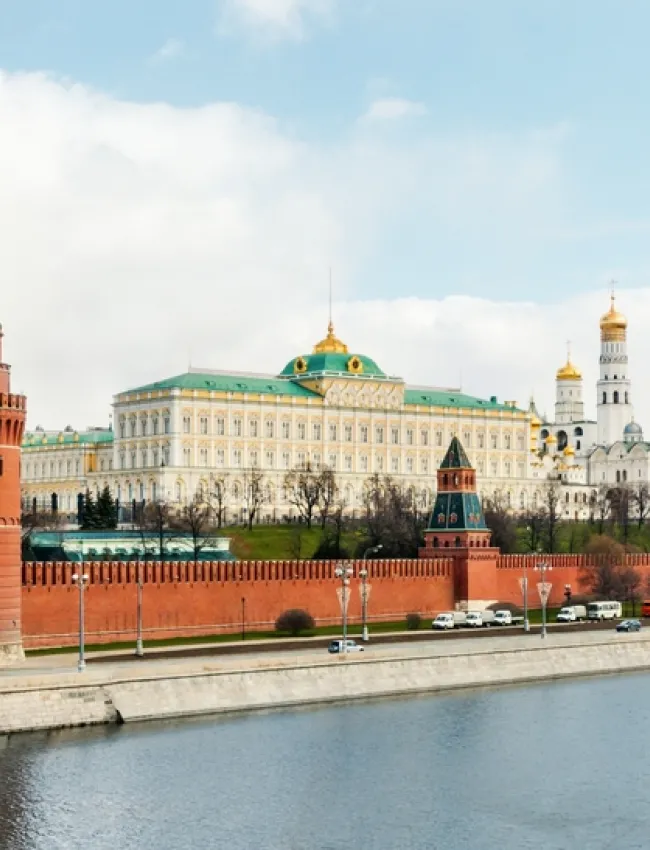Russia 2030 Futures: The View from Central and Eastern Europe

9:00am - 10:30am EDT
3:00pm - 4:30pm CEST
4:00pm - 5:30pm EEST
About this event
With its aggressive and imperialist foreign policy culminating in the full-scale invasion of Ukraine in February 2022, Russia is more than ever a crucial factor in the context of European foreign and security policy. Whatever the outcome of the ongoing war, the EU needs to be prepared for various scenarios to effectively navigate this relationship in the medium and long terms, whether it is characterized by deterrence against Russia’s expansionist policies or more peaceful coexistence should domestic developments put the country on a different path. How the EU should respond to a future Russia, however, will not be determined only by the course of the war and changes in the country, but also by the differences among the member states regarding their attitude toward and preferred way of engagement with Moscow.
Russia 2030 Futures, a project implemented by the Association of International Affairs (AMO) in Czechia and the College of Eastern Europe (KEW) in Poland, with the support of the German Marshall Fund of the United States, explored a selection of potential scenarios using the methods of strategic foresight and scenario-building. The scenarios that may unfold in and around Russia until the end of 2030 range from stalemate to potential re-engagement with Russia to growing confrontation. This discussion builds on the project’s final report that highlights the implications of five scenarios for the EU and identifies courses of action to respond to them, drawing on the extensive knowledge and experience of experts from Central and Eastern Europe.
The report is available here.
For more information, please contact Zsuzsanna Végh ([email protected]).
The German Marshall Fund of the United States (GMF) is a nonpartisan policy organization committed to the idea that the United States and Europe are stronger together.

Event Speakers
Nicolas Bouchet
Visiting Fellow, Transatlantic TrustsNicolas Bouchet is a visiting fellow based in GMF’s Berlin office, working closely with GMF’s Transatlantic Trusts in its efforts to support democracy and civil society in Eastern Europe. He conducts research on EU and US democ...